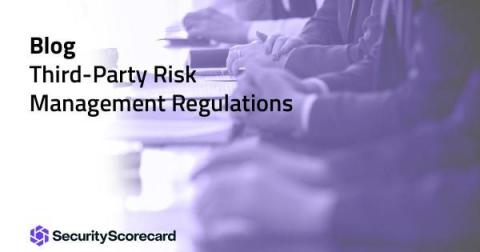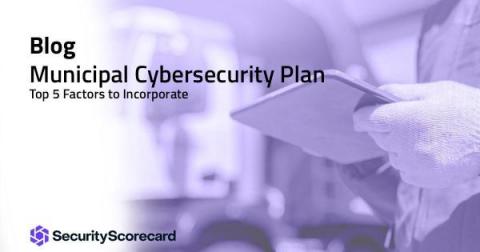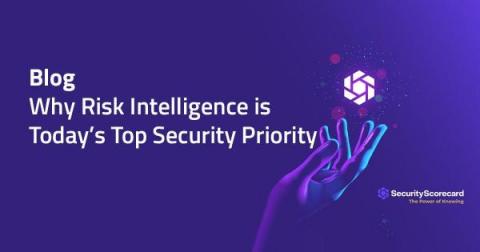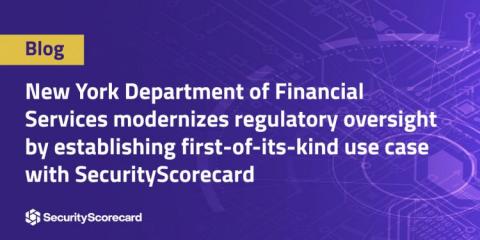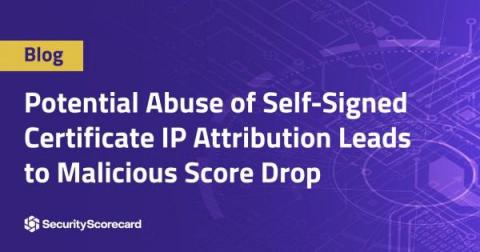5 Historic Third Party Breaches
Third-party data breaches are one of the most concerning issues in cybersecurity today. You need your third parties to do business, but you can’t always trust (or verify) that their cybersecurity controls are as strong as they say, no matter how many questionnaires you send out. And of course, cybercriminals know that by hitting vendors rather than every single company separately, they can get the most ill-gotten gains for their effort.



